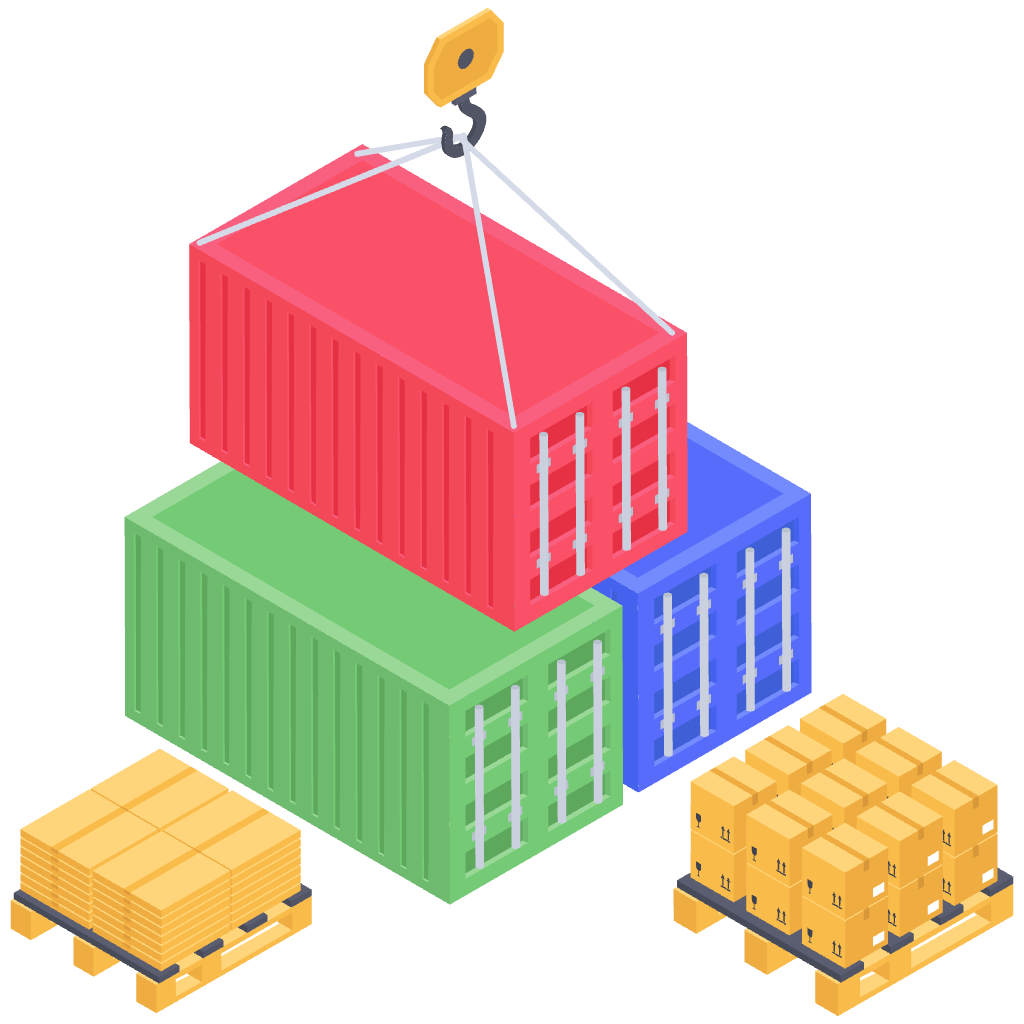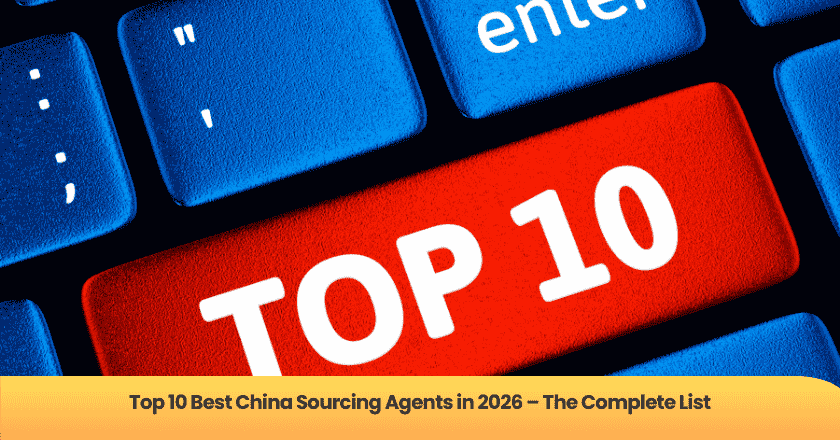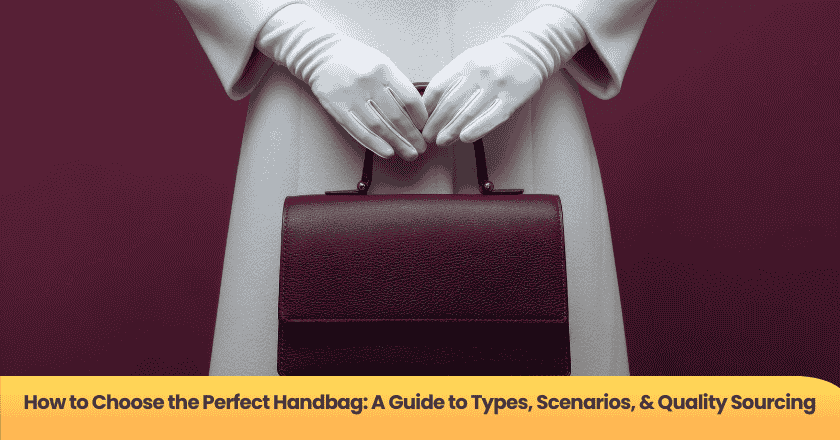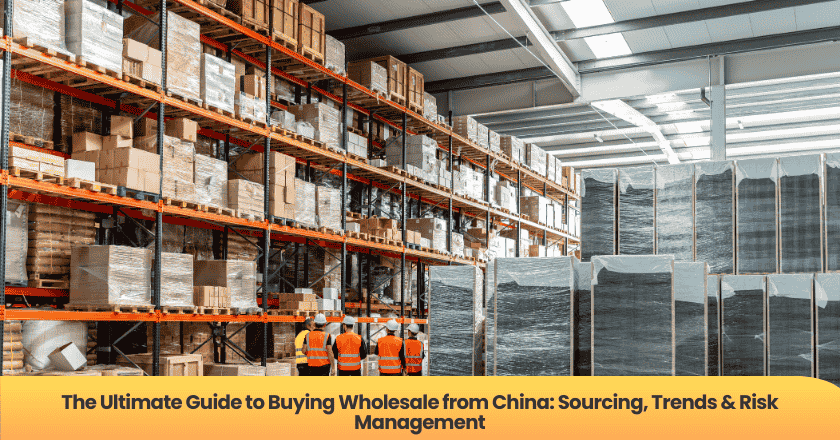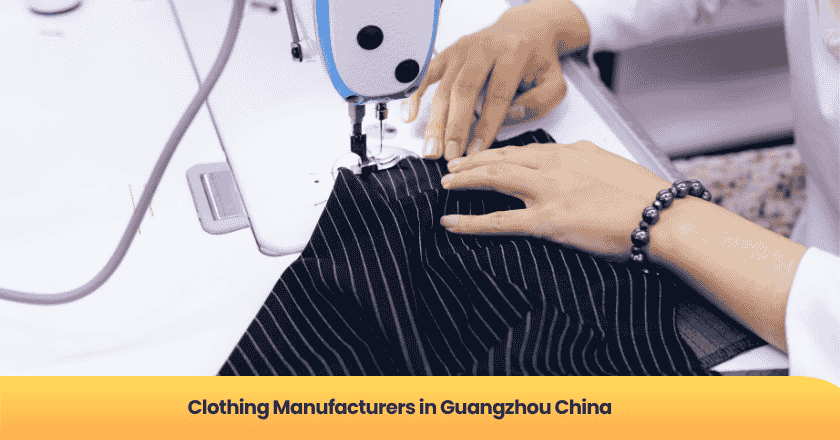
I always look for reliable partners when sourcing apparel. In my experience, finding clothing manufacturers in Guangzhou China requires focused research and clear communication. Guangzhou stands out for its advanced manufacturing infrastructure and diverse product range. I pay close attention to quality assurance at every stage. I also watch for common mistakes that can affect production outcomes. This approach helps me secure the best results for my business.
Key Takeaways
- Start your sourcing journey by researching manufacturers online and attending trade shows. This helps you find reliable partners.
- Always request product samples before placing bulk orders. This step ensures the quality meets your standards.
- Negotiate clear terms with manufacturers, including pricing and delivery timelines. Document everything to avoid misunderstandings.
- Check for certifications like ISO9001 and BSCI to ensure manufacturers meet industry standards and ethical practices.
- Avoid common mistakes such as skipping due diligence and ignoring quality control. These practices protect your business and build strong partnerships.
Finding clothing manufacturers in Guangzhou China
When I search for clothing manufacturers in Guangzhou China, I rely on several proven methods. Each approach offers unique advantages. I always start by exploring online platforms, then I attend trade shows, and finally, I consider working with sourcing agents. This multi-step process helps me identify reliable partners and avoid common pitfalls.
Online platforms
I use online platforms to access a wide range of clothing manufacturers in Guangzhou China. These directories allow me to filter suppliers by product type, minimum order quantity, and location. I often find detailed profiles, customer reviews, and product catalogs. This information helps me compare options quickly. I recommend checking for verified suppliers and reading feedback from previous clients. Online platforms make it easy to reach manufacturers in Guangzhou and request quotations. I always communicate directly with suppliers to clarify requirements and confirm their capabilities.
Trade shows
I attend trade shows in Guangzhou to meet clothing manufacturers in person. These events showcase the latest trends and innovations in the apparel industry. I walk the exhibition halls, collect samples, and discuss production details with factory representatives. Trade shows provide a valuable opportunity to assess product quality and build relationships. I find that face-to-face meetings help me negotiate better terms and understand the manufacturer’s strengths. I always prepare a list of questions before attending, which ensures I gather all the information I need. Trade shows in Guangzhou attract manufacturers from across China, making it easier to compare options.
Sourcing agents
I sometimes work with sourcing agents to streamline the process of finding clothing manufacturers in Guangzhou China. Sourcing agents have local expertise and established networks. They help me identify reputable factories, negotiate prices, and manage quality control. I rely on their knowledge of the Guangzhou market to avoid common mistakes. Sourcing agents often handle logistics and communication, which saves me time and reduces risk. I recommend choosing agents with transparent processes and a strong track record. By leveraging their experience, I can focus on product development and business growth.
Tip: I always verify the credentials of any sourcing agent before starting a partnership. This step helps me ensure reliability and protect my interests.
Why choose clothing manufacturers in China
Manufacturing strengths
I always notice the advanced capabilities of clothing manufacturers in China. Many factories in Guangzhou use modern equipment and efficient production lines. I see that these manufacturers invest in skilled labor and strict quality control systems. This focus on technology and expertise allows clothing manufacturers in China to deliver consistent results. I often find that factories in China can handle both large and small orders with ease. Their ability to scale production quickly gives me confidence when planning new collections.
Product variety
When I source from clothing manufacturers in China, I access a wide range of products. In Guangzhou, I see factories that specialize in everything from kidswear to menswear. Some focus on OEM services, while others offer private label solutions. I appreciate the flexibility to choose different fabrics, styles, and finishes. Clothing manufacturers in China can produce casual wear, sportswear, formal attire, and more. This variety helps me respond to changing market trends and customer preferences. I can always find a manufacturer that matches my specific needs.
Note: I recommend creating a checklist of product requirements before contacting clothing manufacturers in China. This step helps me communicate clearly and avoid misunderstandings.
Competitive pricing
I value the competitive pricing offered by clothing manufacturers in China. The strong supply chain in Guangzhou supports cost-effective sourcing. I often compare quotes from several factories to ensure I get the best deal. Clothing manufacturers in China benefit from economies of scale, which allows them to offer lower prices without sacrificing quality. I use this advantage to improve my profit margins and offer better prices to my customers. The transparent pricing structure in China makes it easier for me to plan my budget and control costs.
Sourcing process in Guangzhou
Research and shortlist
I always begin my sourcing journey in Guangzhou by conducting thorough research. I gather information about clothing manufacturers in China using online directories, trade show catalogs, and industry contacts. I create a shortlist based on product specialization, production capacity, and reputation. I check for recent client reviews and look for evidence of consistent quality. I find that a well-organized shortlist saves time and helps me focus on the most promising options.
Tip: I recommend using a simple table to compare manufacturers. I list criteria such as minimum order quantity, lead time, and certifications. This approach helps me visualize differences and make informed decisions.
| Manufacturer | MOQ | Lead Time | Certifications | Product Range |
|---|---|---|---|---|
| Factory A | 300 | 30 days | ISO9001 | Sportswear |
| Factory B | 500 | 25 days | BSCI | Kidswear |
Initial contact
After shortlisting, I reach out to each manufacturer in Guangzhou. I introduce myself, describe my business, and outline my product requirements. I ask for company profiles, product catalogs, and references from previous clients. I pay close attention to response time and communication clarity. Quick, professional replies signal reliability. I always clarify production capabilities and request details about previous orders manufactured in Guangzhou. This step helps me gauge experience and suitability.
Sample and quality check
Before placing a bulk order, I request product samples from each manufacturer in China. I review the samples for material, stitching, and finishing. I perform quality checks to ensure the products meet my standards. I compare samples from different factories to identify the best fit. I also ask about their internal quality control processes. Consistent quality in samples often reflects the manufacturer's commitment to excellence. I document my findings and share feedback with the supplier.
Note: I never skip the sample stage. It is the most effective way to verify product quality before committing to large-scale production.
Factory visit
Whenever possible, I visit factories in Guangzhou to observe operations firsthand. I tour the production floor, inspect machinery, and speak with staff. I look for clean, organized workspaces and evidence of safety protocols. I ask to see ongoing orders and review finished goods. A factory visit allows me to confirm that products are truly manufactured in Guangzhou and not outsourced elsewhere. I find that in-person visits build trust and provide valuable insights into the manufacturer's capabilities.
Negotiate terms
Once I select a manufacturer in China, I move to the negotiation stage. I discuss pricing, payment terms, lead times, and after-sales support. I ensure all agreements are documented in a clear contract. I include clauses for quality assurance and penalties for delays or defects. I also confirm the process for ongoing quality checks during production. Transparent negotiations help prevent misunderstandings and protect my interests. I always keep communication open and professional throughout this stage.
Reminder: I recommend setting clear expectations for quality and delivery timelines in the contract. This step reduces risk and ensures both parties understand their responsibilities.
Vetting manufacturers
Certifications
I always check certifications when I evaluate clothing suppliers in China. Certifications show that a factory meets industry standards and follows ethical practices. I look for ISO9001, BSCI, or other relevant certificates. These documents help me confirm that the products are manufactured in Guangzhou under strict guidelines. I request copies of certifications and verify their authenticity with the issuing organizations. This step gives me confidence in the supplier’s commitment to quality.
Tip: I keep a checklist of required certifications for each product category. This habit helps me avoid missing important documents during the vetting process.
Capacity
I assess production capacity before I place any order. I ask about the number of workers, available machinery, and monthly output. I want to know if the factory can handle my order size and deliver on time. I compare capacity figures with previous client feedback to spot inconsistencies. I also review the supplier’s history with similar projects. Reliable capacity ensures that my products meet deadlines and maintain consistent quality.
I use a simple table to track capacity data:
| Factory Name | Workers | Monthly Output | Lead Time |
|---|---|---|---|
| Supplier X | 200 | 10,000 pcs | 25 days |
| Supplier Y | 150 | 8,000 pcs | 30 days |
Communication
I pay close attention to communication when I vet manufacturers. Clear and prompt replies signal professionalism. I test responsiveness by sending detailed questions and monitoring reply speed. I prefer suppliers who answer all my queries and provide transparent information. Good communication helps me resolve issues quickly and maintain high quality standards throughout production. I document all conversations for future reference.
Note: I always set expectations for updates and reporting frequency before production starts. This practice keeps everyone aligned and reduces misunderstandings.
Common mistakes to avoid
When I source clothing from manufacturers in China, I pay close attention to common mistakes that can disrupt my business. I learned that avoiding these errors helps me maintain quality and protect my interests.
Skipping due diligence
I never skip due diligence when I evaluate suppliers in China. I always research company backgrounds, check references, and verify certifications. If I rush this process, I risk working with unreliable factories. I ask for business licenses and review past client feedback. This step helps me avoid costly setbacks and ensures I partner with trustworthy manufacturers.
Ignoring quality control
Quality control is essential in China’s manufacturing industry. I always request samples and inspect them for defects. I set clear standards for stitching, fabric, and finishing. If I ignore quality checks, I may receive products that do not meet my requirements. I monitor production and ask for regular updates. Consistent quality control protects my brand reputation and customer satisfaction.
Tip: I document every quality check and keep records of sample evaluations. This habit helps me resolve disputes quickly.
Payment issues
Payment problems often arise when sourcing from China. I always clarify payment terms before placing an order. I use secure payment methods and avoid paying large deposits upfront. If I neglect payment details, I risk delays or financial loss. I confirm all agreements in writing and keep copies of transactions. Clear payment terms help me manage cash flow and reduce risk.
IP protection
Intellectual property protection is a priority in China’s apparel sector. I register my designs and trademarks before sharing them with manufacturers. If I overlook IP protection, I may face unauthorized copying or legal disputes. I use non-disclosure agreements and limit access to sensitive information. Protecting my intellectual property secures my business and supports long-term growth.
Note: I consult legal experts to review contracts and safeguard my rights in China.
Benefits of NewbuyingAgent
Cost savings
I always look for ways to reduce sourcing expenses without sacrificing quality. NewbuyingAgent's commission-free model stands out in the industry. I do not pay hidden fees or extra charges. This approach helps me save between 8% and 20% on every order. I can allocate these savings to product development or marketing. The transparent pricing structure gives me confidence in my budgeting. I find that cost savings directly improve my profit margins and business growth.
Quality assurance
Quality remains my top priority when sourcing apparel. NewbuyingAgent provides end-to-end quality control throughout the procurement process. I work with a network of over 20,000 product development and quality control experts. They monitor production from the initial sample to the final shipment. If any quality issues arise, I receive full compensation. This guarantee allows me to focus on scaling my business, knowing that product standards will not be compromised.
Tip: I always request detailed quality reports and photo documentation before approving shipments. This practice helps me maintain high standards and avoid surprises.
AI-driven insights
I rely on data to make informed sourcing decisions. NewbuyingAgent leverages AI technology to analyze market trends and recommend high-demand products. This feature helps me stay ahead of competitors and identify new opportunities. The AI-driven insights guide my product selection and development strategies. I can respond quickly to changing consumer preferences and market shifts.
| Benefit | How It Helps Me |
|---|---|
| Cost Savings | Increases profit margins |
| Quality Assurance | Reduces risk and ensures trust |
| AI-Driven Insights | Supports smart decision-making |
For more information or to start sourcing, I visit NewbuyingAgent's official website www.newbuyingagent.com , or email service@newbuyingagent.com. I can also visit their office at Building 10 #39 Xiangyuan Road, Hangzhou, China.
I always start by researching manufacturers in Guangzhou and creating a shortlist based on capacity and certifications. I reach out to suppliers, request samples, and visit factories to confirm quality. I negotiate clear terms and document every step.
- Reliable sourcing depends on thorough vetting and strong communication.
- Avoiding common mistakes protects my business and builds lasting partnerships.
Careful planning and attention to detail help me achieve consistent results and long-term growth.
FAQ
How do I start sourcing clothing in Guangzhou?
I begin by researching manufacturers online and attending trade shows. I create a shortlist based on product specialization and capacity. I contact suppliers directly to discuss requirements and request samples.
What documents should I check before placing an order?
I always verify business licenses, certifications, and references. I ask for ISO or BSCI certificates. I review contracts carefully to ensure all terms are clear and protect my interests.
How can I ensure product quality during production?
I request samples before bulk orders. I set clear quality standards for stitching, fabric, and finishing. I monitor production with regular updates and photo documentation.
Tip: I keep records of all quality checks for future reference.
What payment methods do manufacturers in Guangzhou accept?
Most manufacturers accept bank transfers, letters of credit, and sometimes PayPal. I confirm payment terms in writing and avoid large upfront deposits to reduce risk.
How do I protect my designs and intellectual property?
I register my designs and trademarks before sharing them with suppliers. I use non-disclosure agreements and limit access to sensitive information.
Get Started Today
Let's Turn Your Sourcing Goals into RealityWeChat:+86 15157124615
WhatsApp:+86 15157124615
Address:Building 10 #39 Xiangyuan Road, Hangzhou, China
